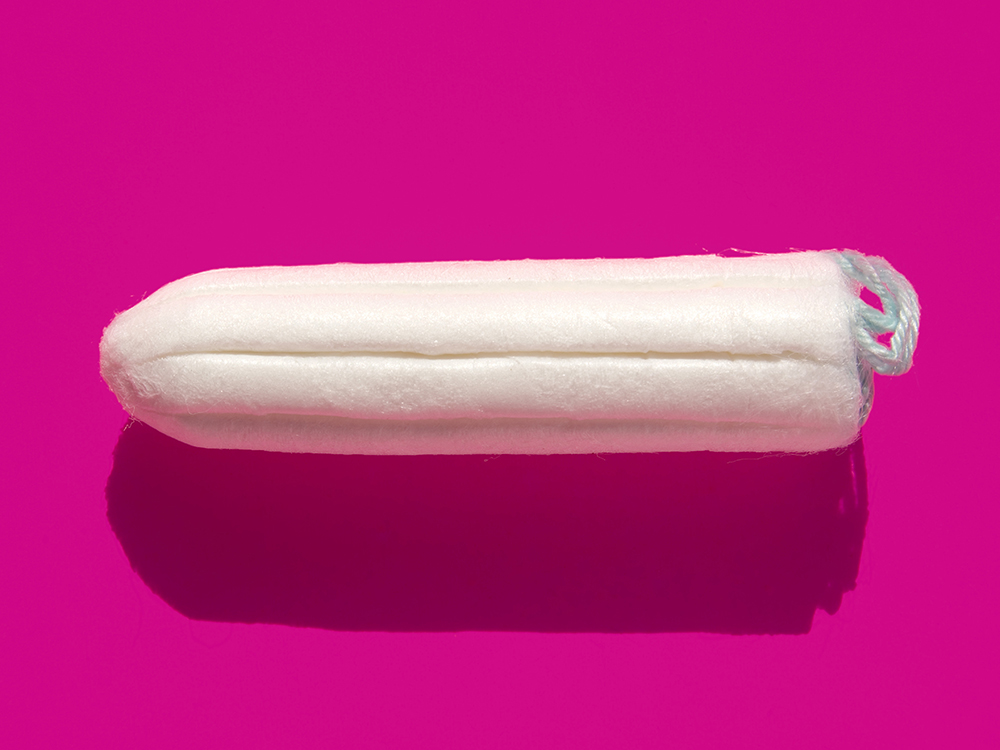So what happens when astronauts have their period in space?
Here's the answer to the question you didn’t realise you wanted to ask

Celebrity news, beauty, fashion advice, and fascinating features, delivered straight to your inbox!
You are now subscribed
Your newsletter sign-up was successful
Here's the answer to the question you didn’t realise you wanted to ask
Periods are inconvenient at the best of times, but how do you deal with them when you’re not on planet earth and floating around in space?
We’re actually so curious about this.
Since Valentina Tereshkova was the first woman to venture into space in 1963, almost sixty women have completed missions, so there are some pretty straightforward protocols for when the time of the month strikes, and it looks like periods just aren’t a big deal.
‘When women first went into space, it wasn't known what the effects would be,’ says Varsha Jain, gynaecologist and researcher at Kings College London, and among the authors of a recent paper on menstruation in spaceflight.
‘It can happen normally in space and if women choose to do that, they can,’ she says.
This woman was on her period for five years
Celebrity news, beauty, fashion advice, and fascinating features, delivered straight to your inbox!
All astronauts undergo individual assessments tailored to their needs, as a NASA spokesman explains: ‘Protocols allow for several choices, the individual treatment selected for any particular astronaut is a private matter between the astronauts and their flight surgeon.’
According to Dr. Jain, there are a few appropriate facilities to dispose of blood on board, but the issue with periods is more of a practical one as there has to be calculations for the added weight of tampons and sanitary towels.
However, she finds that most women just chose to skip having a period altogether, by taking oral contraceptives.
‘NASA flight surgeons are finding female astronauts just don't want to have to deal with their periods,’ she says.
While taking the pill to miss a few periods makes sense for a mission that lasts a few weeks, what about those that last up to six months, or longer? According to Dr. Jain, much like here on earth, there are no risks for taking oral contraceptives back to back.
‘No research has been done on long-term use of contraceptives in space. What we do know from long-term use on earth is you can take it back to back for many years.’
Period pain can be as bad as a heart attack
But if a woman is on a three-year long mission, this still doesn’t solve the issue of extra space and weight. For this it is suggested that she takes longer-lasting options, known as Long-Acting Reversible Contraceptives, which are both safe and reliable.
‘[There is] no packaging to dispose and they dispel concerns regarding stability during storage. This is the first time we can say these options are safe to use and available,’ says Jain.
So there you have it, that's the deal with having a period in space.
The leading destination for fashion, beauty, shopping and finger-on-the-pulse views on the latest issues. Marie Claire's travel content helps you delight in discovering new destinations around the globe, offering a unique – and sometimes unchartered – travel experience. From new hotel openings to the destinations tipped to take over our travel calendars, this iconic name has it covered.